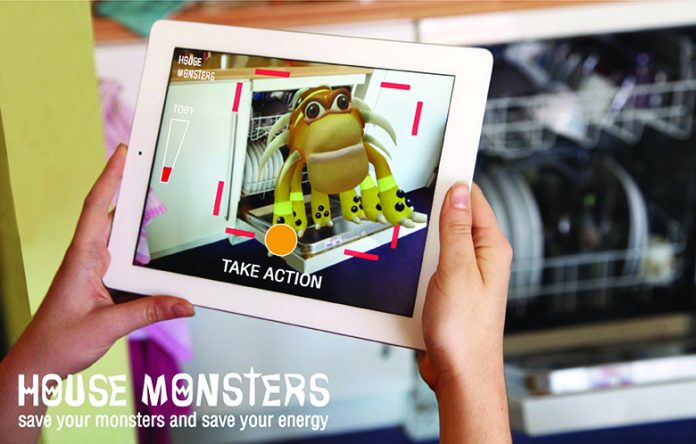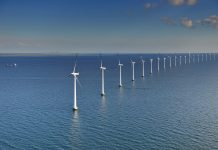Thomas N. Mikkelsen highlights how Natconsumers has developed a methodology to communicate more effectively with consumers to reduce energy consumption
Reducing residential energy consumption is an important part of the wider goal of improving energy efficiency, but it’s not always easy to change long-established habits.
Many different methods have been tried over recent years to engage with energy consumers, with the wider goal of improving energy efficiency and sustainability. Previous efforts have been very much focused on price, as the key motivator to encourage people to change their energy consumption patterns, but now researchers in the Natconsumers project are taking a new approach. We thought we needed to start a conversation with the end customer. It’s not about dictating to them and ordering people to do things, it’s about creating a conversation. This will be a more effective way of engaging with consumers. It’s about being relevant and understanding the situations where you can talk about energy, which are not always related just to money and potential cost savings.

The approach is further elaborated by fellow partner, Alberto Cuetos in mentioning, that “this could be something as simple as talking to end customers about how weather patterns affect their energy consumption. For example, if a consumer lives in an area which has been experiencing a lot of rainfall, or a prolonged cold snap, then that will affect consumption patterns, and can provide a starting point for more effective, emotionally intelligent and relevant communication”.
“Basically very simple measures – but all the more powerful, as they interact with our daily life by asking relevant questions like: Do you know what the cold weather means for your energy consumption? Did you know you can do x to change y? Or a consumer may be getting married or having a child. Many things could trigger a discussion about their energy consumption,” outlines Alberto.
The starting point in terms of identifying these triggers is a user-centred framework, which the project is developing to segment consumers. We develop communication by asking questions and getting feedback.
User-centred framework
The goal is to build a kind of self-learning tool that will constantly develop and evolve to reflect consumer priorities. Researchers gathered data from across Europe, and while energy consumption patterns, of course, vary significantly across different regions. There are similarities in terms of behaviour and communication preferences, which will inform the ongoing development of the framework. We’ve been trying to categorise communication in terms of both what is more static and what is more dynamic. But this is only a starting point – as the machine starts learning, we find that people respond more as we become better at understanding their specific priorities and circumstances.

From these foundations, researchers can then look to communicate with consumers in a way that’s relevant to them, and develop personalised actions aimed at reducing energy consumption. This information on consumer priorities could also be highly relevant for utilities and energy companies, something which the project could explore in future.
“What came out of this project is basically a process, and by going through that process, you can identify the priorities of the customers that you are talking to,” says Alberto. “We aim to take this research and the knowledge that we’ve gained in terms of understanding the kinds of messages that people respond to, and try to apply that to help reduce household energy consumption.”
ABOUT NATCONSUMERS
Natconsumers aims at raising consumer awareness on energy as part of everyday life and provoking direct actions by making consumption visible and by summarizing it into tailored daily tips.
LEARN more
NATCONSUMERS has developed a handbook on how to work with and implement a Natural Language in the energy sector. It will be published during the final conference in May 2017. http://natconsumers.eu
Thomas N. Mikkelsen is a partner and director at VaasaETT, a leading international specialist research and advisory company. He is responsible for working with customers across a range of tasks, including providing strategic advice, customer profiling and segmentation models.
Alberto González Cuetos is an Innovation Consultant in Izertis, a visionary technological consulting firm. He is responsible for innovation analysis, and international project planning and management.
Thomas N. Mikkelsen
Partner and Director of Consultancy
Natconsumers C/O Izertis
thomas.mikkelsen@vaasaett.com
Please note: this is a commercial profile











